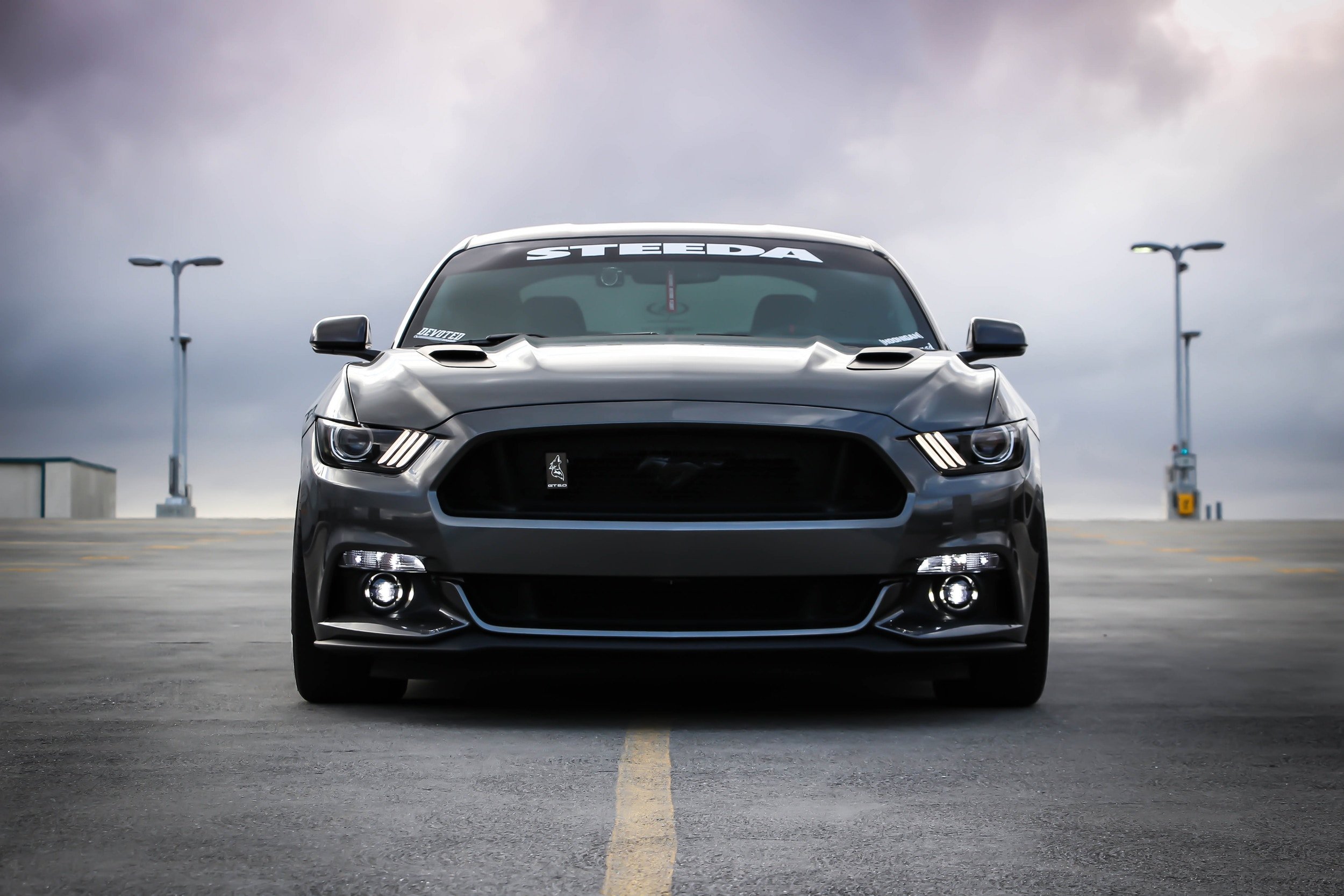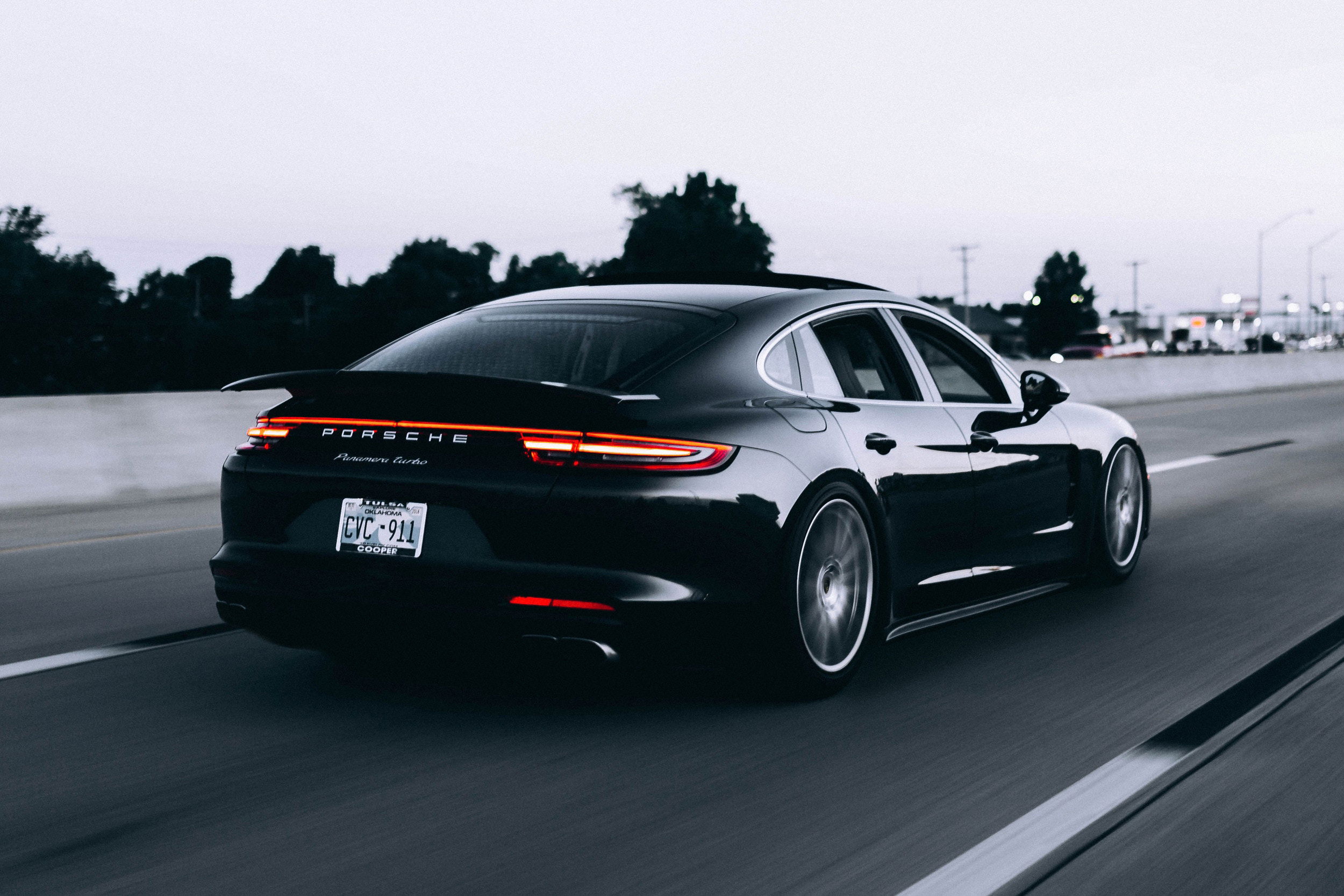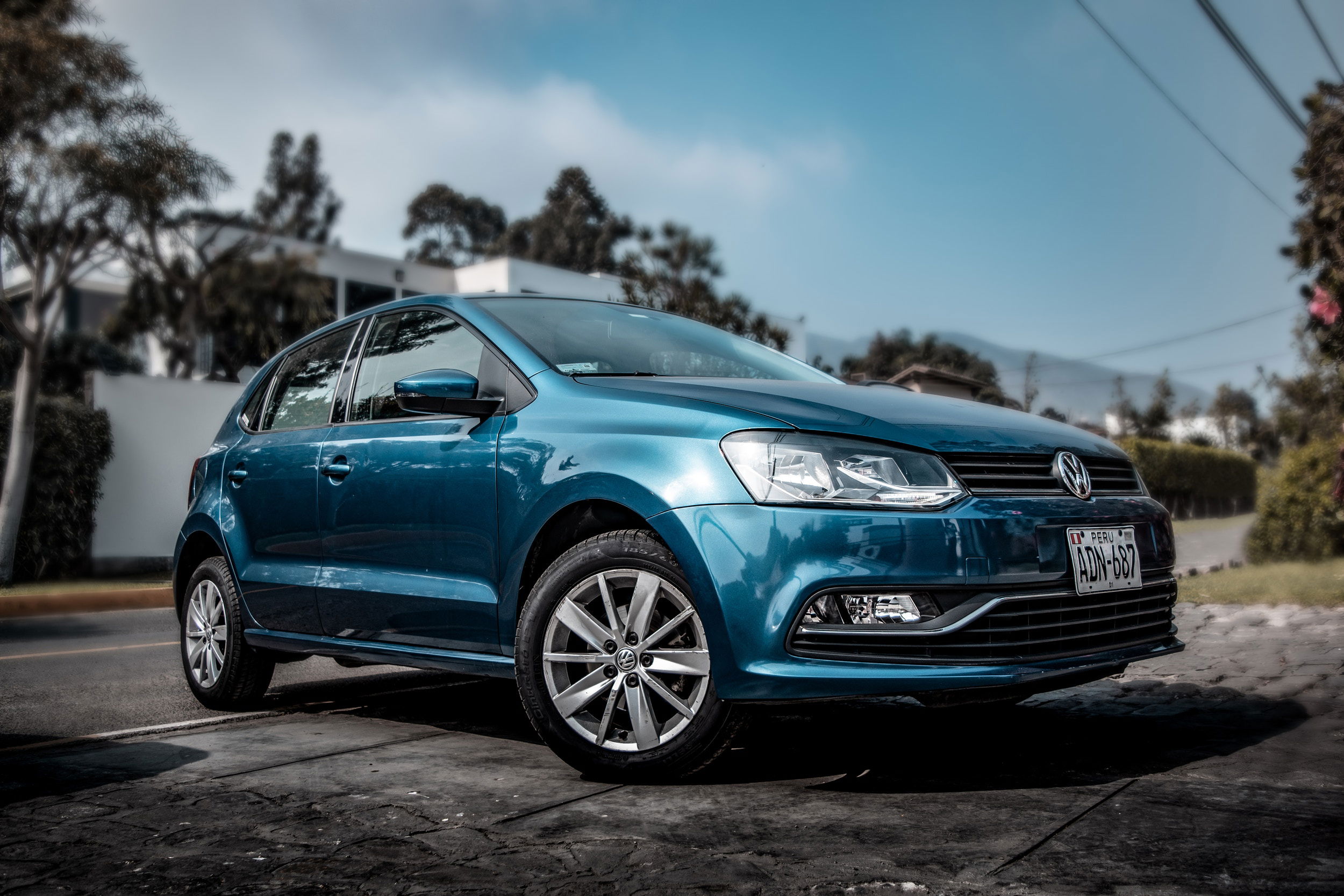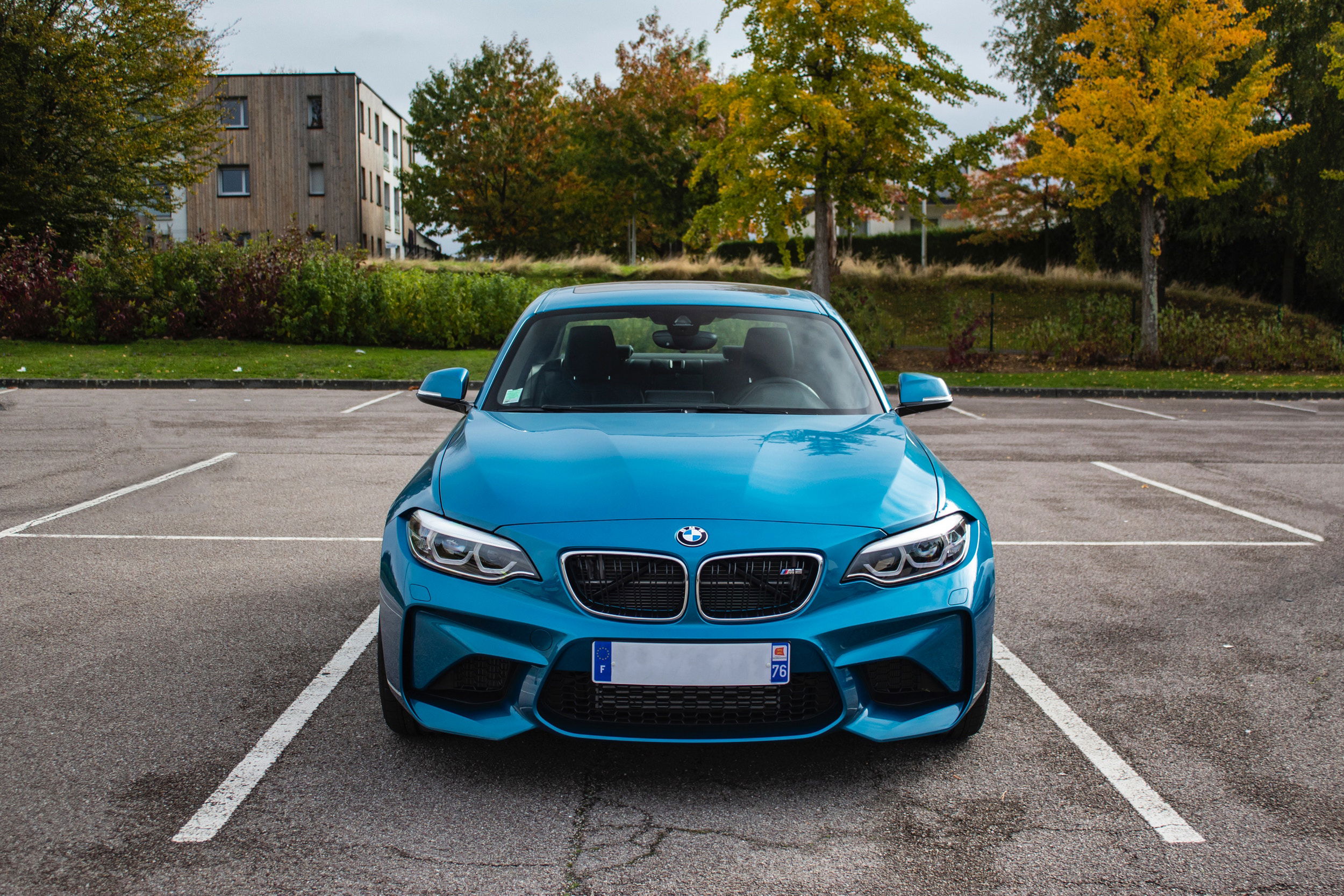Comparative Review between Honda Civic and Toyota Corolla
The compact car has long been a battleground for efficiency, reliability, and value. At the forefront of this vehicular showdown, the Honda Civic and Toyota Corolla stand as titans, each boasting a legion of loyalists and a heritage of success.
Historical Context
Honda Civic: A Brief History
Introduced in the 1970s, the Honda Civic swiftly became synonymous with reliability. Over successive generations, it evolved to encapsulate innovation and style, consistently pushing the boundaries of what a compact car could be.
Toyota Corolla: The Journey Through Time
Since its inception in the 1960s, the Toyota Corolla has dominated global sales charts, becoming the epitome of practical transportation. Its journey is one of steady refinement, culminating in a vehicle that is dependable as it is ubiquitous.

Design Philosophy & Aesthetics
Civic's Contemporary Craftsmanship
The Civic's design ethos is one of bold lines and an athletic stance, appealing to those with a penchant for modernity. It's a vehicle that makes a statement, declaring its presence with an air of sophistication.
Corolla's Evolution of Design
Conversely, the Corolla's aesthetic evolution leans toward a more understated elegance. Its contours are designed with a nod to timelessness, an homage to its perennial nature.
Engine and Performance
Powertrain Comparison
Delving beneath the hood, the Civic often boasts a more spirited powertrain, offering a blend of vivacity and efficiency. The Corolla, while perhaps more conservative in output, counters with unwavering smoothness and steadiness.
On-the-Road Dynamics
When the rubber meets the road, the Civic's performance pedigree is palpable, delivering a drive that's both engaging and exhilarating. The Corolla, in its steadfast composure, offers a ride that prioritizes comfort and ease.
Fuel Economy & Efficiency
Comparative Fuel Consumption
Fuel efficiency is paramount in this segment, and both contenders perform admirably. Meticulously engineered to sip fuel while maximizing miles, the Civic and Corolla stand as exemplars of the economic drive.
Environmental Footprint
The ecological implications of driving a compact car are significant, and both the Civic and Corolla showcase advancements in reducing emissions, underscoring a commitment to environmental responsibility.
Interior Comfort & Convenience
Seating and Space
The Civic's cabin is a realm of ergonomic seats and thoughtful space management, ensuring comfort for all occupants. The Corolla matches this with an interior that melds roominess with functional elegance.
Infotainment and Connectivity
In the digital age, connectivity is king. Both Civic and Corolla offer infotainment systems that serve as nerve centers for navigation, communication, and entertainment, keeping passengers connected on the go.

Safety Measures & Ratings
Civic's Shield of Safety
With a suite of active and passive safety features, the Civic is designed to protect its occupants from every angle. Its safety ratings reflect a dedication to passenger welfare and peace of mind.
Corolla's Commitment to Security
Likewise, the Corolla's safety infrastructure is robust, featuring the latest advancements in driver assistance technologies. Its laudable safety scores are a testament to Toyota's holistic approach to security.
Technology & Innovation
Cutting-Edge Features in the Civic
The Honda Civic prides itself on its innovative features, from advanced driver aids to adaptive cruise control, positioning it as a forward-looking choice for the technologically inclined.
Corolla's Technological Endeavors
The Toyota Corolla is not far behind, with its own array of high-tech offerings that provide convenience and enhance the driving experience, keeping it competitive in a rapidly evolving market.
Reliability and Durability
Longevity of the Honda Civic
The Civic's reputation for durability is near-legendary, with tales of high-mileage heroes dotting the automotive landscape. It's a car built to last, to endure the rigors of the road.
Toyota Corolla's Track Record
The Corolla's track record for reliability is equally impressive, offering a sense of permanence and dependability that owners have come to rely on throughout its storied history.
Ownership Costs
Price Points and Value Proposition
The Civic and Corolla offer competitive pricing, but the true value lies in their low cost of ownership, including factors like insurance costs, fuel expenses, and maintenance requirements.
Depreciation and Maintenance Expenses
With both models boasting strong resale values and modest maintenance costs, the financial implications of ownership are minimized, ensuring that either choice is an economically sound one.

Ride Quality & Handling
Navigating the Civic Experience
The Civic's ride is characterized by a fine balance between sportiness and comfort, with handling that instills confidence without sacrificing ride quality.
The Corolla's Driveability
In contrast, the Corolla is tuned for a more relaxed driving experience, with a focus on smoothness and predictability that makes for an undemanding and reassuring journey.
Cargo Space & Practicality
Honda Civic's Storage Solutions
The Civic's cargo space is generous, with clever storage solutions that make it as practical as it is stylish. It's a car designed to accommodate the diverse needs of its owners.
Toyota Corolla's Utilitarian Approach
The Corolla's approach to cargo is equally practical, providing ample space and adaptability. It remains a reliable companion for both daily errands and longer journeys.
Brand Loyalty & Customer Satisfaction
Civic's Devoted Following
The Civic boasts a passionate fan base, with owners lauding its evolution and expressing satisfaction with their vehicle's performance and features.
Corolla's Global Fanbase
The Corolla's following is global, with a diverse owner base that praises its unwavering quality and the peace of mind it offers, cementing its status as a beloved household name.

Resale Value & Market Perception
Honda Civic's Investment Potential
The Civic's robust resale value is indicative of the market's perception of its enduring appeal and sustained demand, rendering it an intelligent investment for prospective buyers.
Toyota Corolla's Economic Tenacity
Similarly, the Corolla's resale value is formidable, affirming its position as a prudent choice for those seeking a compact car that retains its worth over time.
The Verdict: Choosing Between Two Titans
Personal Preferences and Considerations
Choosing between the Honda Civic and Toyota Corolla ultimately comes down to personal preference, driving habits, and prioritized features. Both vehicles offer compelling arguments in their favor, rendering the decision a reflection of the buyer's individual aspirations.
Final Recommendations
In the final analysis, the Civic may appeal more to those seeking a dynamic and youthful driving experience, while the Corolla will continue to attract those desiring a tried-and-true vehicle that promises comfort and consistency.
Conclusion
Reflecting on this comparative analysis between two of the most iconic compact cars in automotive history, it's clear that both the Honda Civic and Toyota Corolla have carved out distinctive niches for themselves. As they continue to evolve and address the demands of the modern driver, the road ahead will undoubtedly see these stalwarts adapt and thrive in a market that values both heritage and innovation.
